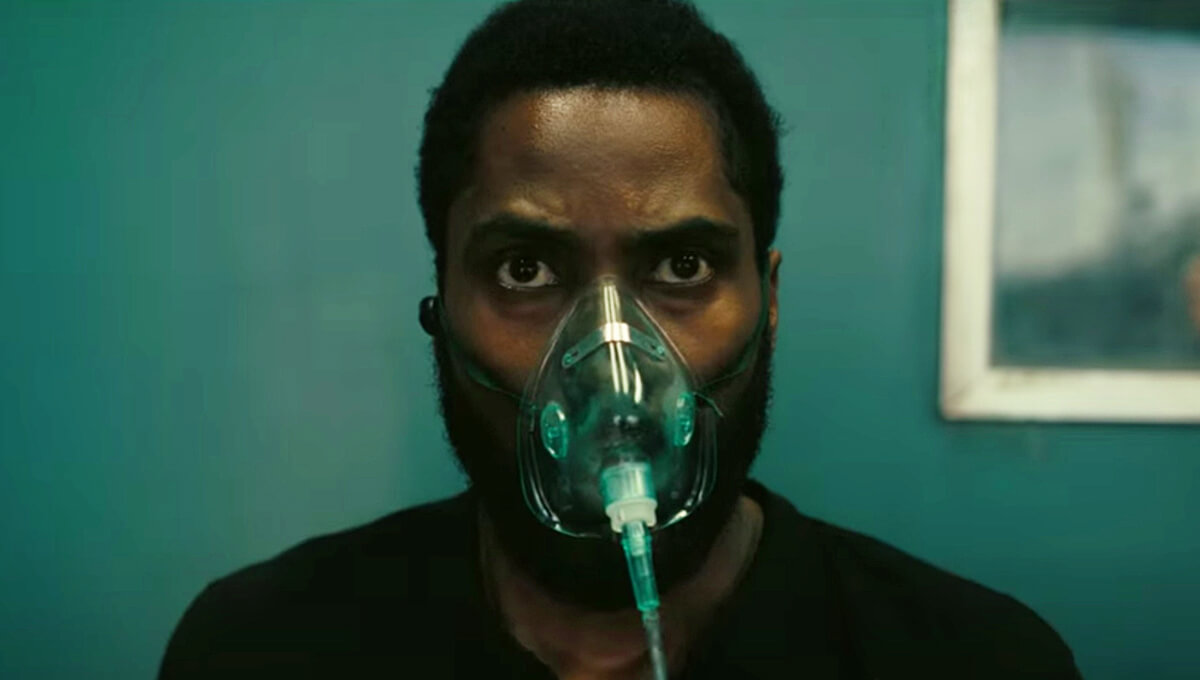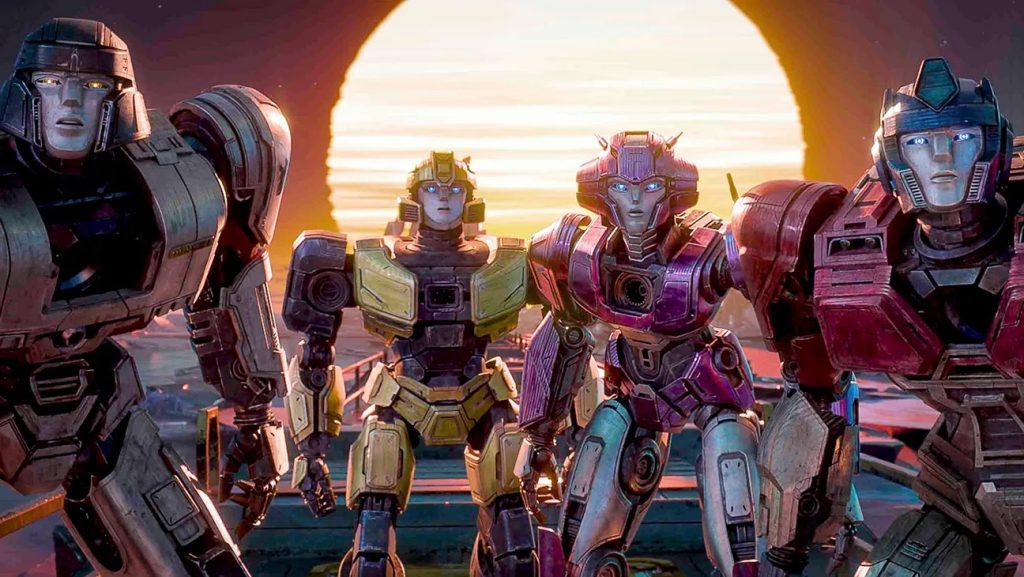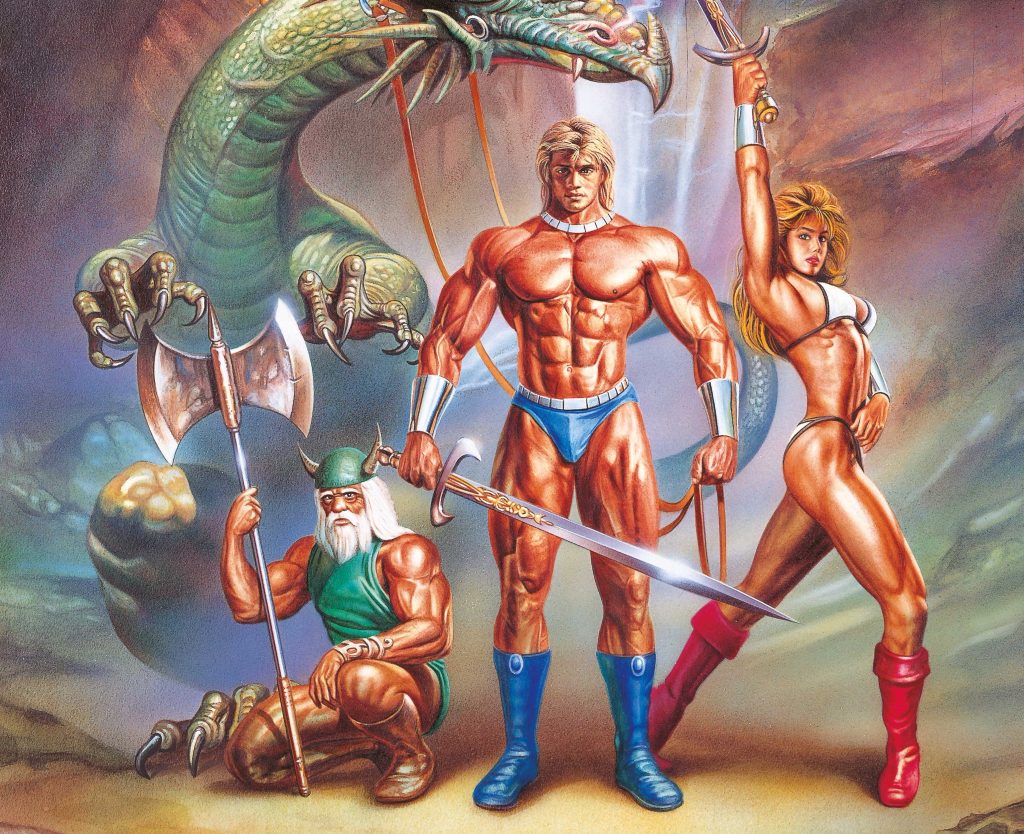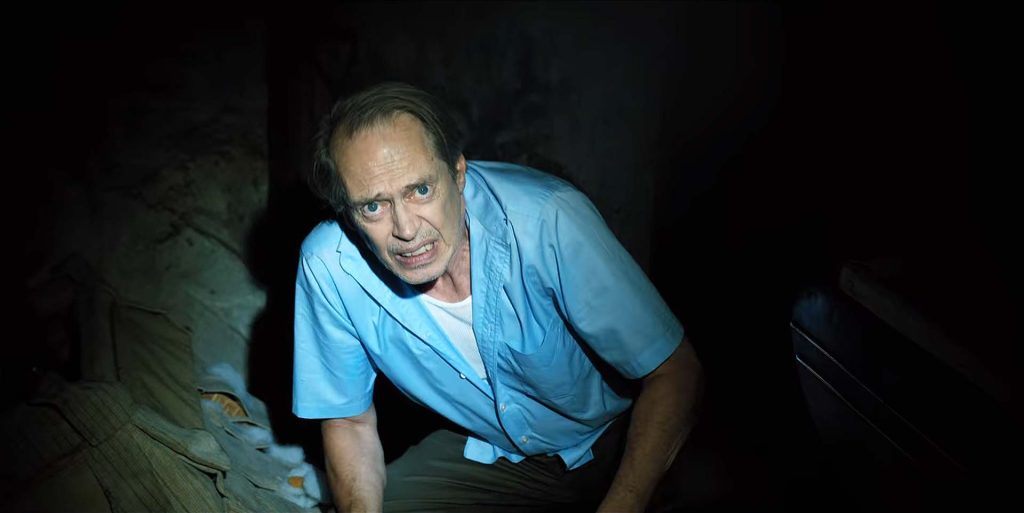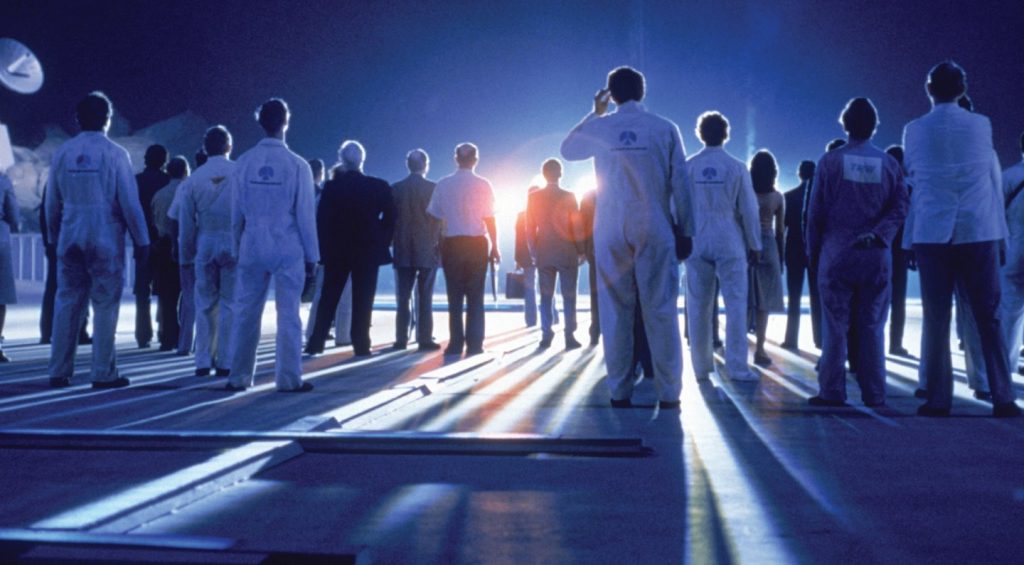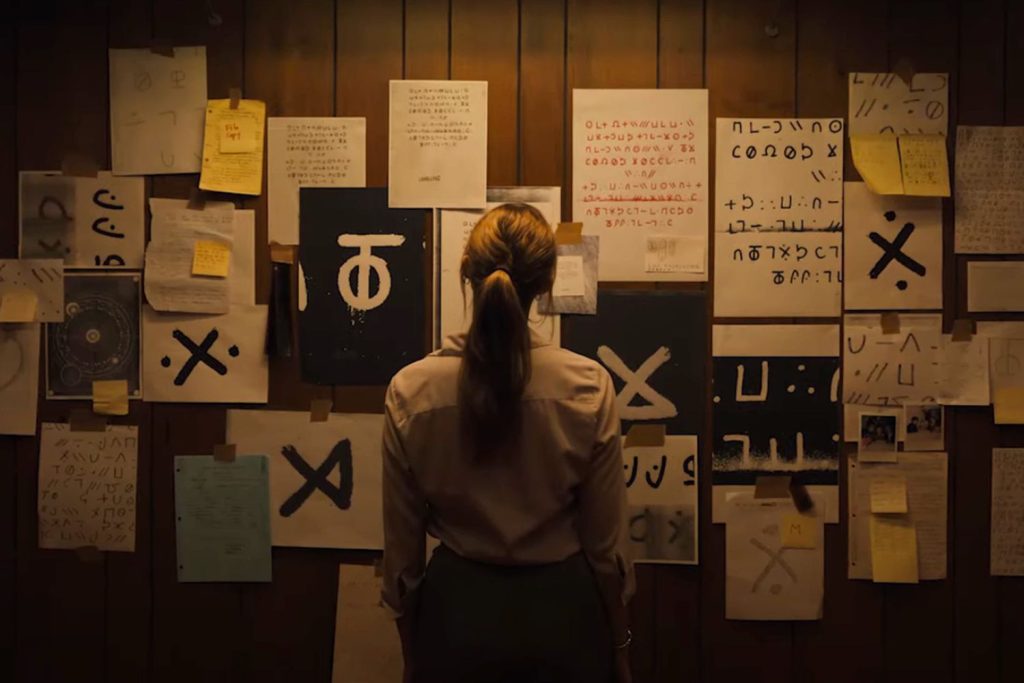CERT: 15 | RELEASE DATE: AUGUST 26TH
“Don’t try to understand it. Feel it,” Clémence Poésy’s scientist advises The Protagonist (John David Washington). Yet Christopher Nolan’s latest is best served if one ignores these instructions and, rather than seek an emotional tether, embraces Tenet for its conceptual merits and technical excellence. This is Nolan on his home turf, in competition with himself.
Tenet may have remained shrouded in secrecy from the moment it was first announced, but fans will know to expect a mind-bending, deeply cerebral action-thriller from the acclaimed director of Inception and Memento. He deploys every tool in his signature toolbox, employing nonlinear storytelling and stunning cinematography to explore grand metaphysical themes and questions of fate and morality, delivering a sci-fi blockbuster that is Nolan through and through.
When it comes to narrative structure, this sees Nolan at his most ambitious. Without giving away more than the trailer already reveals, the action frequently slingshots back and forth, warping time and plot with only a throbbing soundscape to keep pace. Together with its dense, abstract theories of time and space and limited exposition, Tenet can feel like 150 minutes of controlled chaos.
John David Washington’s brilliantly understated performance is the eye of the storm. In a film of this scale where the rules are continuously being redefined, where the breakneck action pieces and narrative intricacies make you feel as though you’re barely keeping your head above water, Washington effectively grounds the story as the steadfast, self-assured Protagonist. One thing the Protagonist does not offer much of, however, is warmth.
Tenet’s coldness is what keeps it just short of greatness. When the audience is asked to invest emotionally in The Protagonist and Kat’s (Elizabeth Debicki, splendid as always) relationship, it feels undeserved and superficial. One cannot help but think of Interstellar, a film so colossal in its scale and ideas that it could all too easily have kept its audience at arm’s length. Yet, by rooting its grandeur in the love between a father and daughter, Interstellar earns its viewer’s feelings of hope, joy, and heartbreak. In the case of Tenet, the viewer’s investment is purely intellectual; there are no real stakes in the outcome beyond the satisfaction of seeing the pieces of the puzzle fall into place.
Nonetheless, Nolan delivers a staggeringly ambitious sci-fi and sleek, compact action-thriller all in one: Tenet is technically excellent and challenging, pushing boundaries and subverting expectations with the director’s usual elegance. Will it save cinema? Who’s to say, but it sure is difficult to fault.

